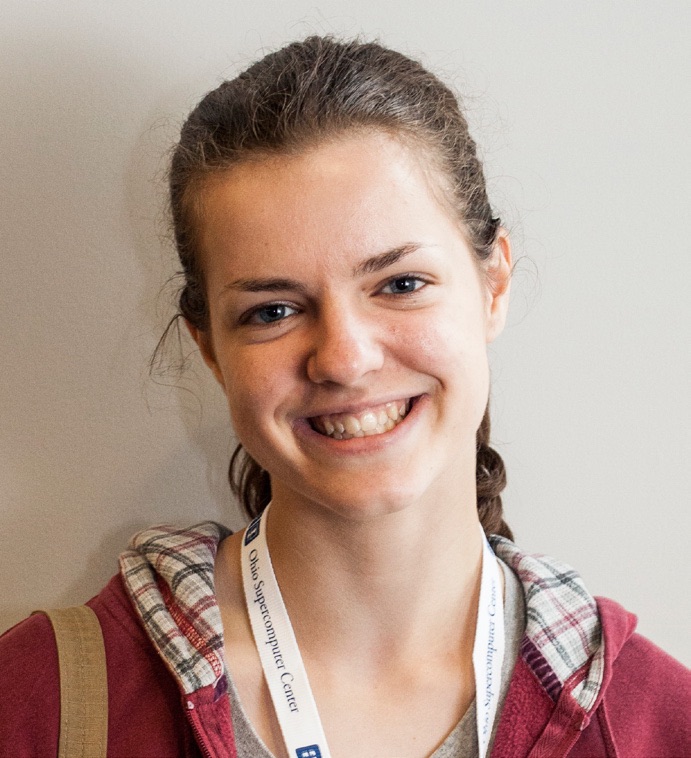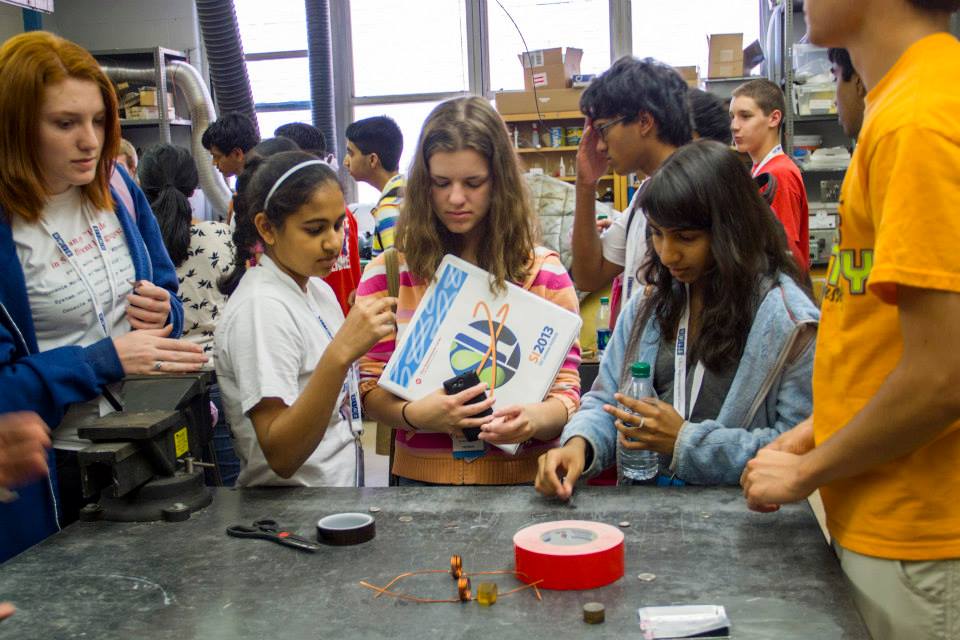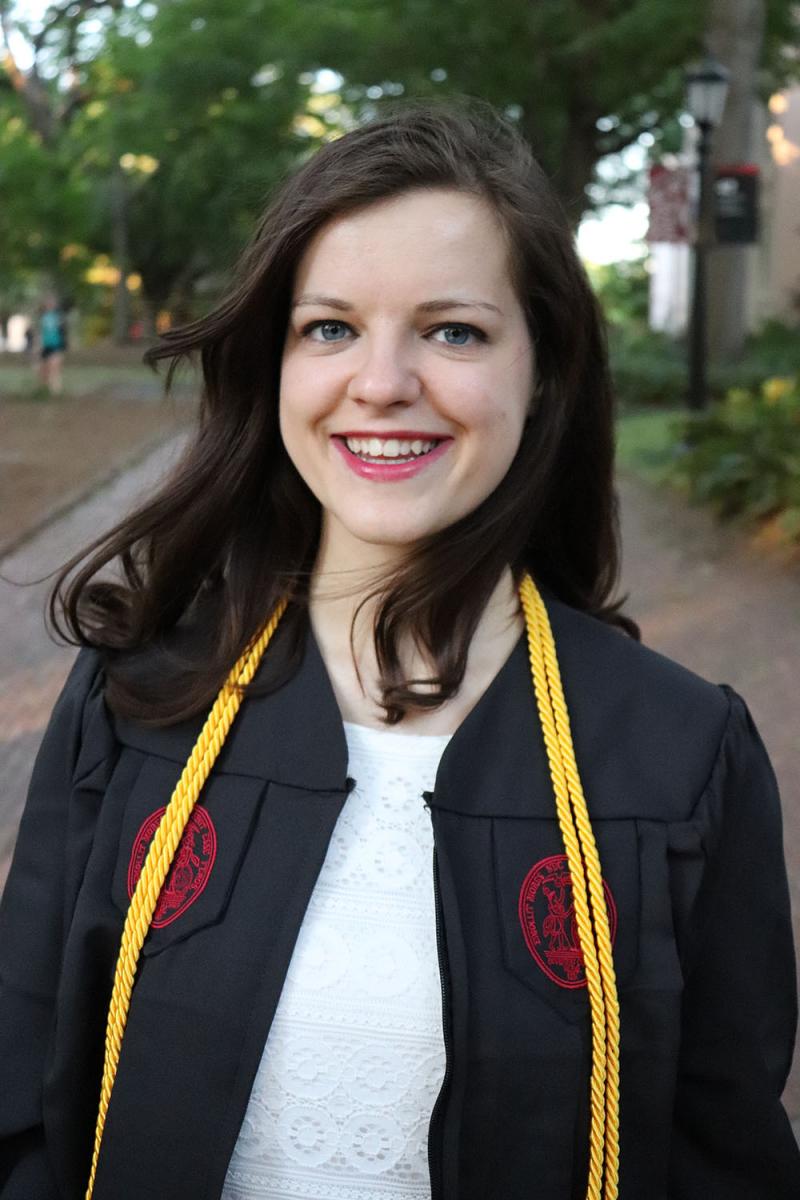
Six years ago, like most sixteen-year-olds, I had no idea what I wanted to do for a living. I knew that I liked math and science, but outside of solving word problems, I had only a vague notion of what STEM looked like in the so-called “real world.” Then, in the summer of 2013, I attended the Summer Institute (SI) at the Ohio Supercomputer Center.
SI provided two full weeks of hands-on experience in a variety of computing applications. Each project explored the use of supercomputing in a different field: Image Processing, Cancer Cell Migration, High-Performance Programming and Lab-on-a-chip Nanofluidics. With a particular affinity for chemistry, I chose to work on the Lab-on-a-chip Nanofluidics project.

Through this project, I learned how ions flow through a nanotube (electroosmotic flow), how to use Linux and Python to write scripts to run simulations through the supercomputer, and how these molecular dynamics simulations can contribute to nanotechnology research and innovation. Along with conducting our own study of the effects of ion concentrations on flow, our group also toured Nanotech West where we were able to observe the production of nanoscale devices firsthand.
Outside of project work, several tours and information sessions afforded insight into other fields that our projects did not cover. From donning cleanroom suits and seeing a supercomputer up close to getting hands-on experience with driving and surgical simulations, I got to see so much technology that I never would have imagined before my time at SI. In addition, watching other groups’ presentations at the end of the program allowed me to learn from other students’ research and gain an understanding of even more applications of computing.

Although the program lasted only two weeks, I emerged with a much deeper understanding of how STEM fit into the world around me. It was after those two weeks that I decided that I wanted to become a chemical engineer with a focus in computing. Six years later, I have graduated from the University of South Carolina with a bachelor’s degree in chemical engineering and a job as a Process R&D Engineer at the Dow Chemical Company.
To this day, I am extremely grateful for the experiences that SI allowed me to have. Although I built my strong foundation in math and science in the classroom, SI allowed me to see the connections between all of the subjects that I had learned and how they fit together in fields such as nanofluidics, astronomy and cancer migration. I would recommend this program to any student interested in STEM. And who knows—you might just find dream career!

